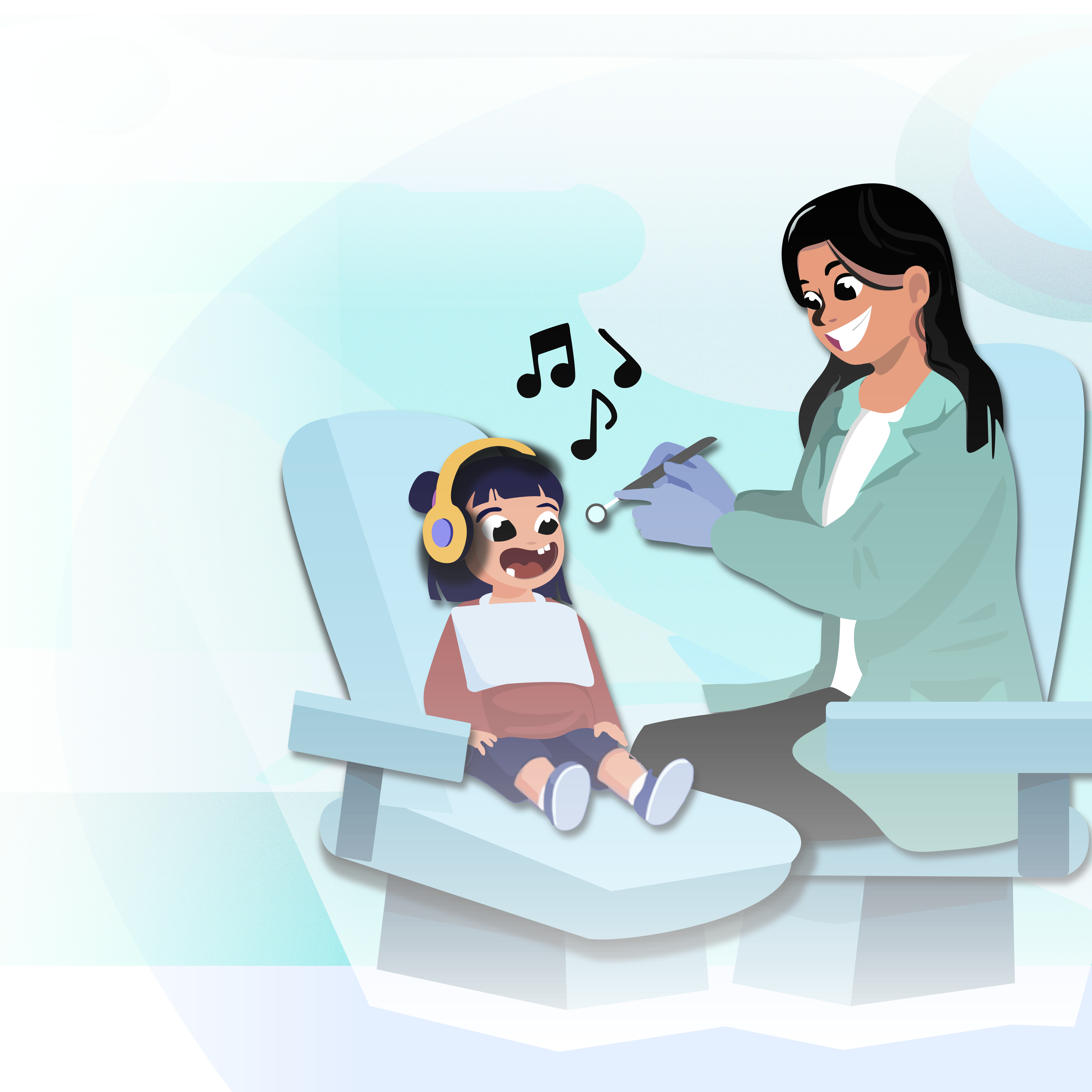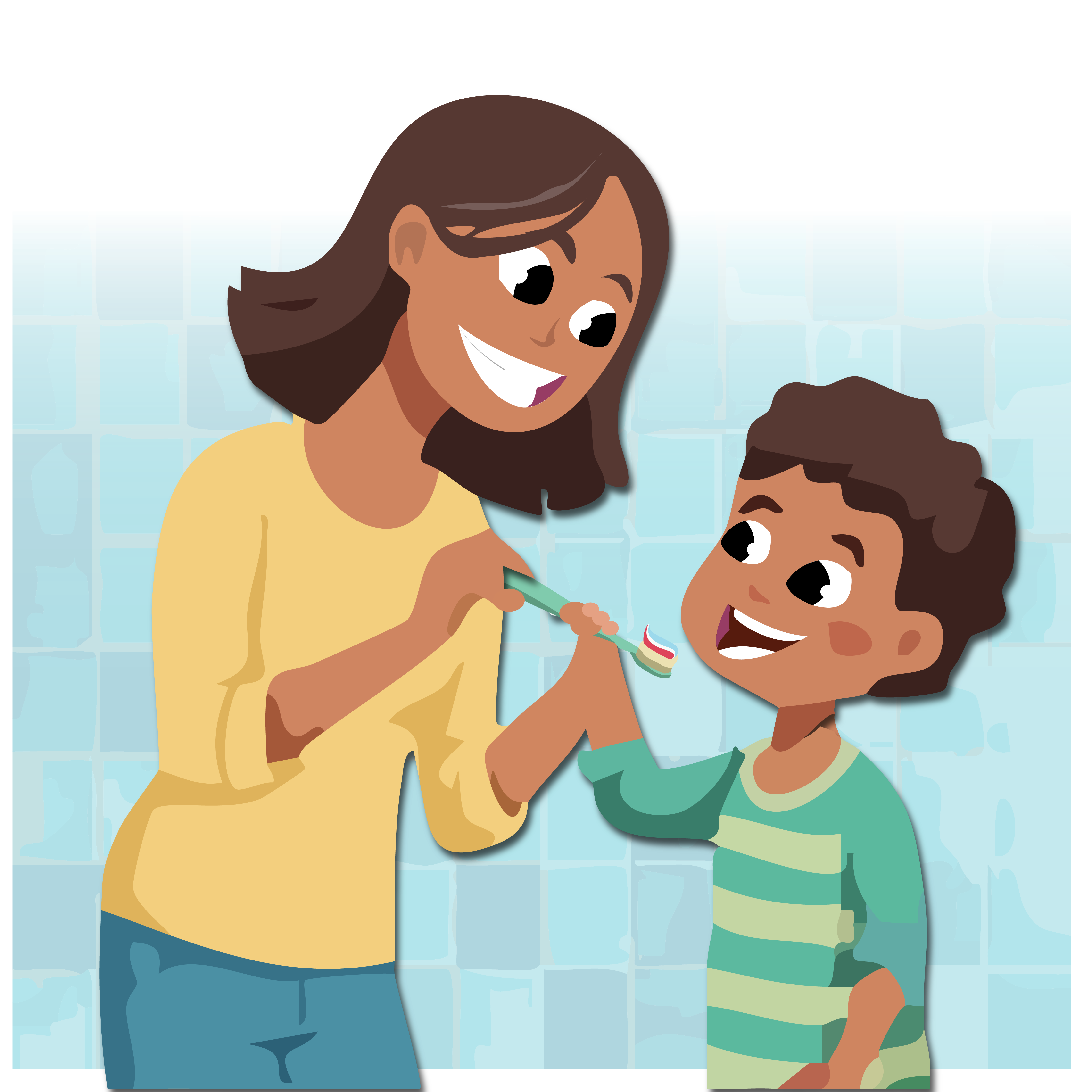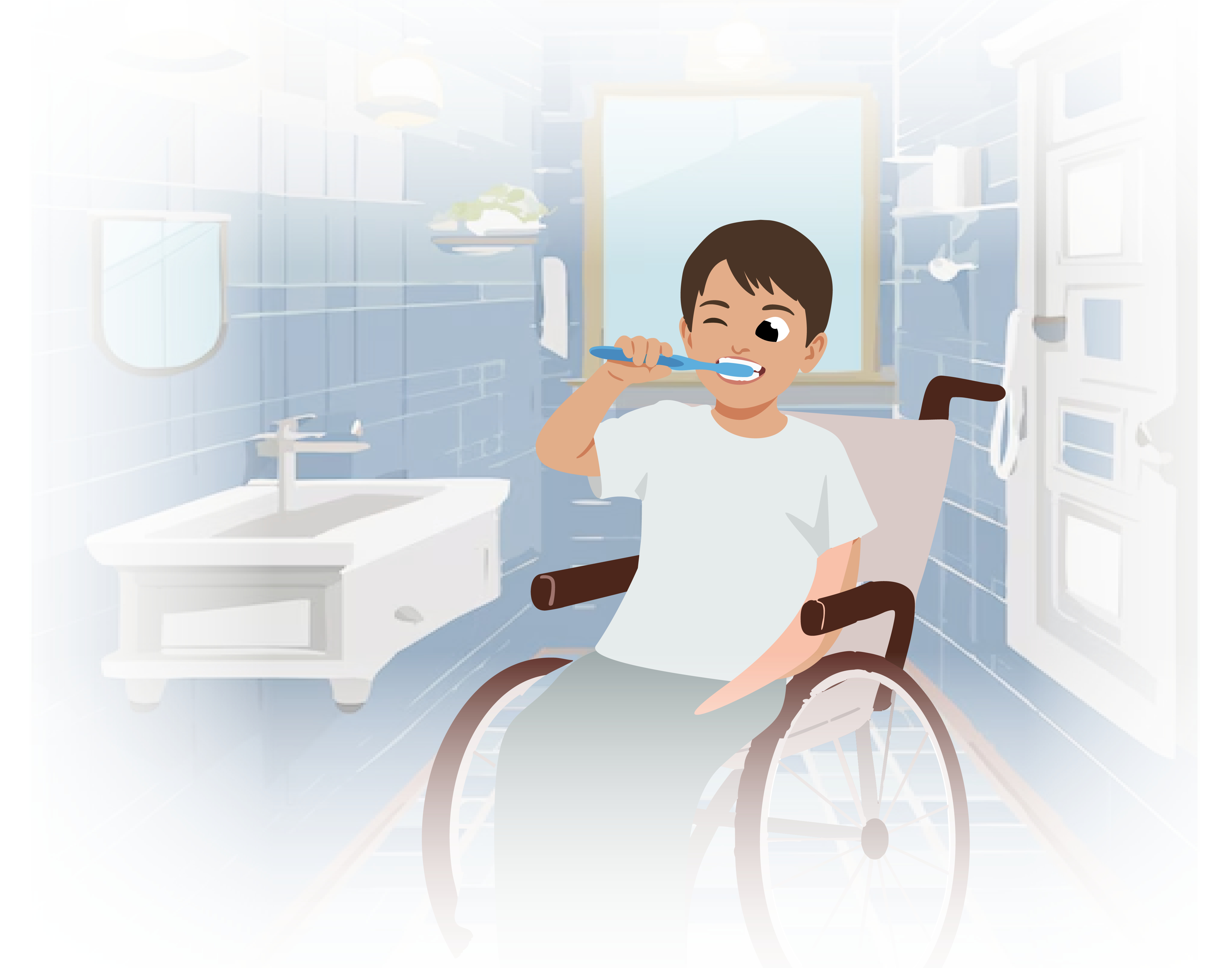
Dentist and doctor appointments can be scary for young children. For kids with special health care needs, the experience can be especially overwhelming. Unfamiliar environments, strange smells, bright lights, different sounds, and particular procedures can be challenging for them to tolerate. However, with preparation in advance and an office that is sensitive to your child’s needs, children will be able to get their care accomplished and have a good experience.
Here are a few ways you can support your child and work through challenges while getting them care:

1) Choose a dental office that has accommodations in place to meet your child's needs. If possible, it’s best to find a pediatric dental provider who is familiar with working with children with special needs. They will likely use techniques such as decreasing the intensity of overhead lights, using sunglasses, offering breaks, and using positive coaching, which are often helpful for children with sensitivities to sounds, smells, and positioning.
2) Use positive language about dental appointments. Kids can be influenced by negative comments. It can also be helpful to explain to them what to expect at the appointment. For example, “We’re going to the dentist next week, and they are going to brush your teeth.”
3) Consider a practice run of visiting the dental office and allowing the child to explore the waiting room. Also, consider practicing ahead of time at home by having your child lie back on the couch and asking them to open their mouths wide, “like a dinosaur”, “like a lion”, etc.

4) Establish oral hygiene routines at home so that your child is familiar with daily practices. Reassure and talk them through their routine with coaching phrases like, “Here comes the toothbrush”, “I’m going to put some of your special toothpaste on.” You can encourage your child to brush their teeth on their own first; then tell them you are going to check their teeth as you assist or brush for them.
5) Try using distraction techniques like fun music, a toy or a stuffed animal that your child can engage with during the cleaning.
6) Ask if your provider accommodates emotional support animals or service animals that may help make visits less stressful for some special needs children.
7) Seek preventive care early and regularly to reinforce the routine and prevent dental problems. Remember, positive dental experiences can help support a lifetime of good oral health.
This information in this post is for general educational purposes only and does not warrant or represent any information as related to health as specifically appropriate for you. It is not intended to be medical advice or replace the relationship that you have with your health care providers. You should always seek medical advice on any diagnosis or treatment from a qualified health care provider. The information is provided “as is” without any representations or warranties, express or implied.






